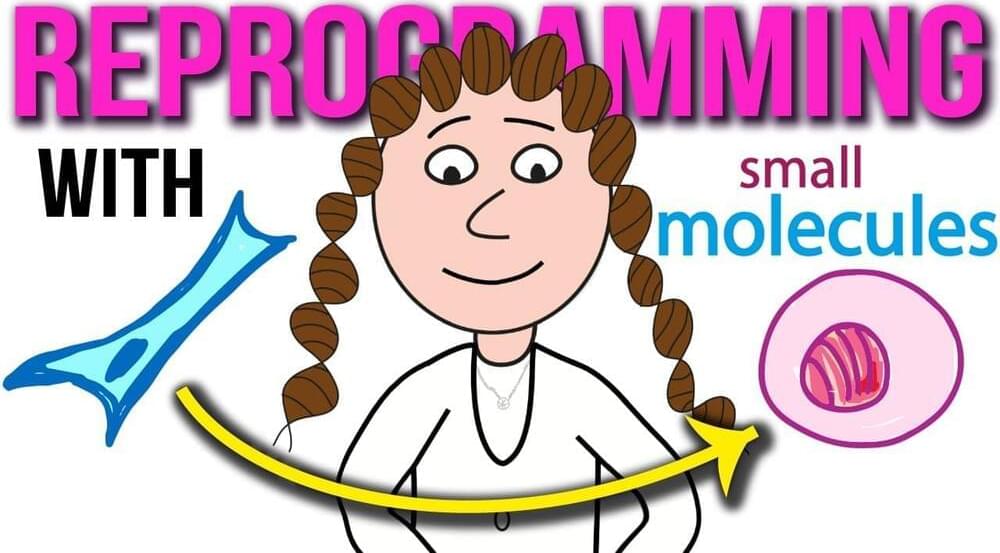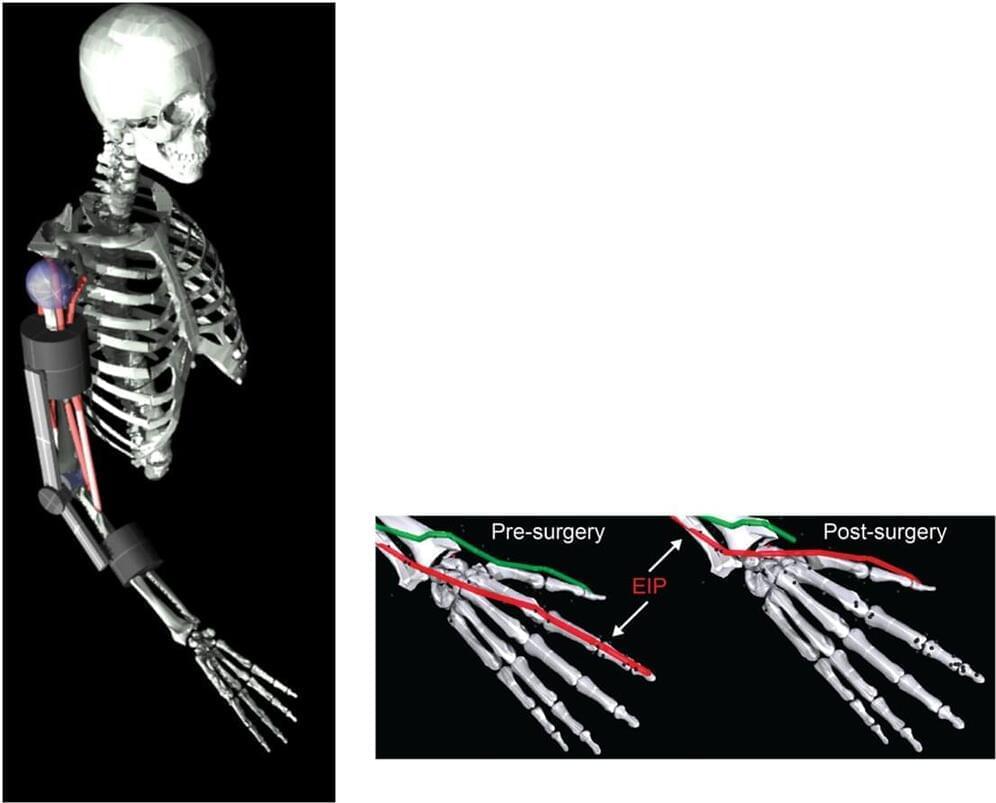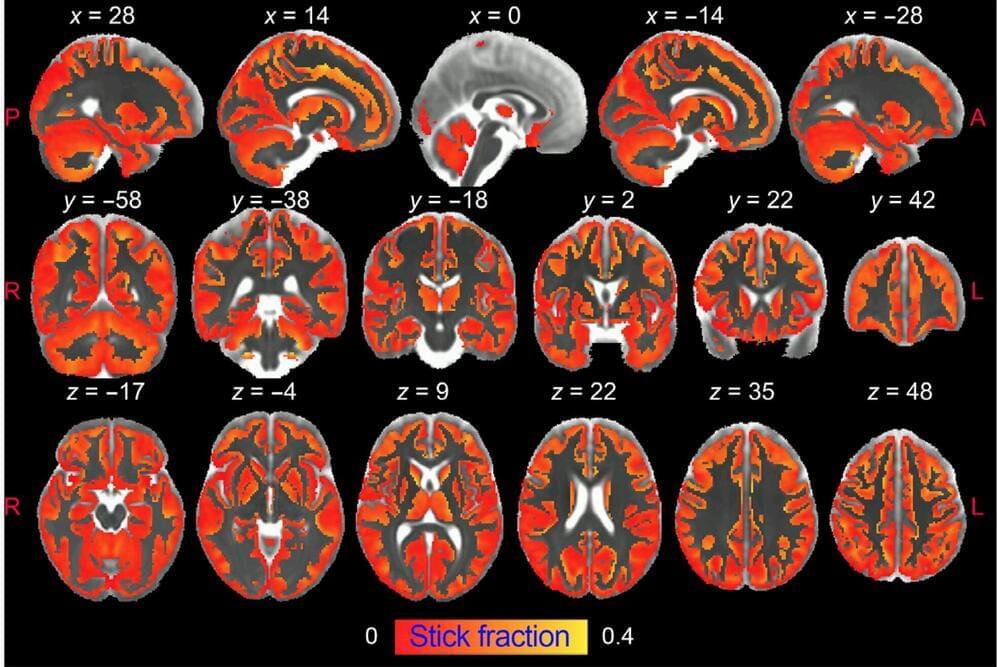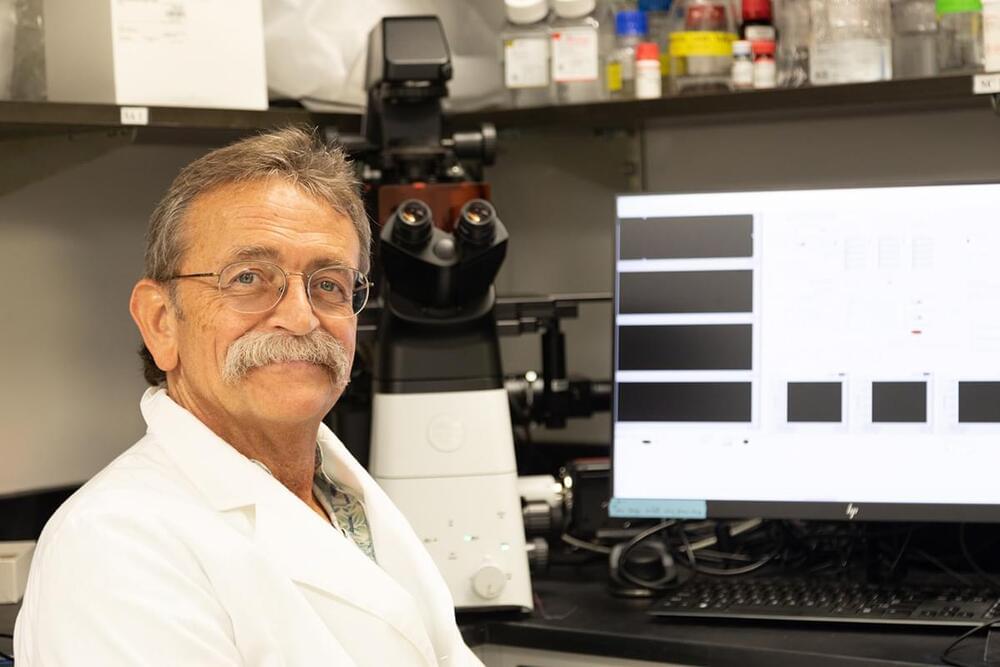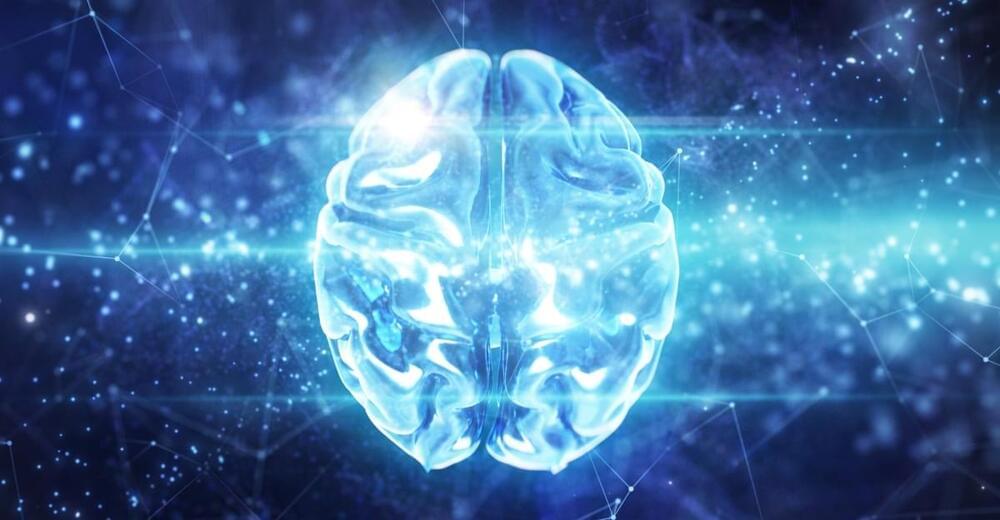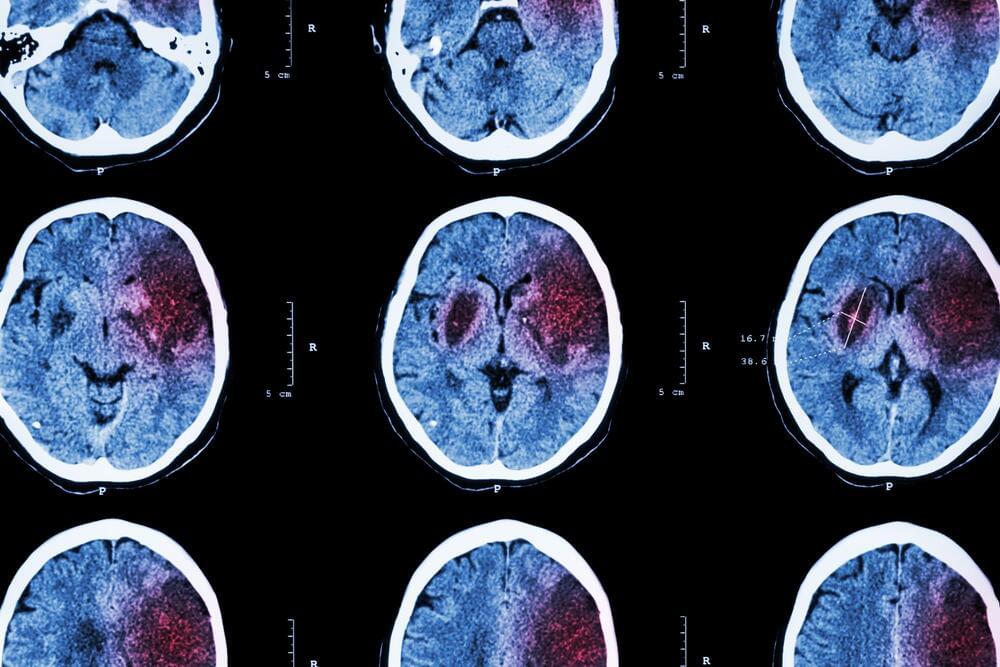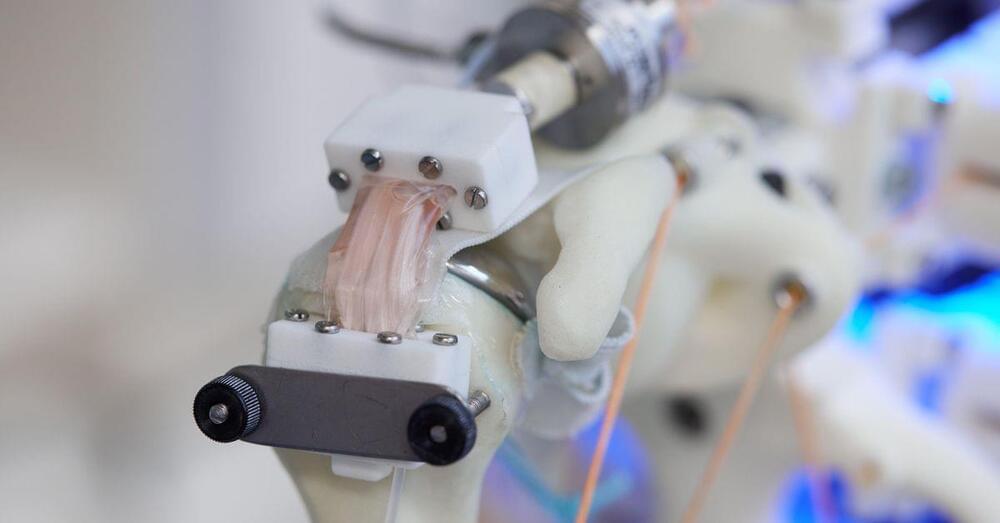
A team of researchers affiliated with multiple institutions in the U.S. and one in Japan has developed a new type of vaccine that helps the immune system destroy cancerous tumors by overcoming their defense system. In their paper published in the journal Nature, the group describes the new vaccine and its effects in mouse and rhesus macaque models.
Until recently, the only tools available to doctors treating cancer patients have been chemotherapy, radiation treatment and surgery. More recently, medical researchers have been exploring vaccines in the fight against cancer—the development of a vaccine against HPV-related diseases, for example, has reduced the risks of cervical and other types of cancers. Other research efforts have involved targeting peptide antigens and have proven to be effective, but only in limited circumstances. In this new effort, the researchers developed a more generalized vaccine that they believe can be used against multiple types of cancers in many types of cancer patients.
The new vaccine works by taking away one of the major defense strategies used by tumors, which is the ability to cleave T cells and natural killer cells from their surfaces. Such cells are deployed when the body detects a growing tumor and alerts the immune system. By shedding them after they affix themselves to MICA and MICB proteins on their surface, tumors are free to grow. The new vaccine works by interceding in the cleaving process, preventing the tumor from shedding the immune cells sent to kill it. The vaccine disrupts this cleaving process by increasing the density of proteins on the surface of tumor cells, which the researchers describe as “inciting protective immunity.”

